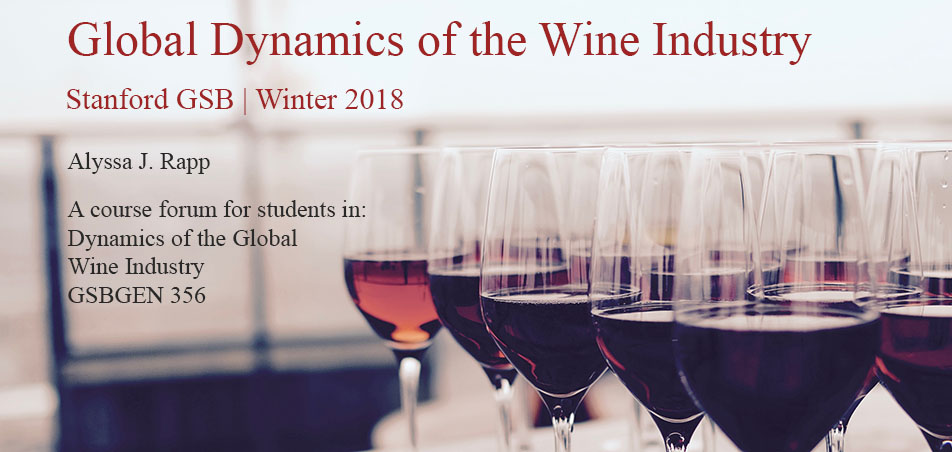What type of wine does a president drink? No idea, but I know what kind a
president sells: Trump Wine. Like everything Trump, it has been in the news
since he started running for president. In 2016 President Obama joked: “Come on.
You know that’s like some $5 wine. They slap a label on it. They charge you $50
and say it’s the greatest wine ever.” So, I wondered, does Trump Wine represent
a wine to trump all wines? Or is it better suited for the bargain bin?
Trump Wine is grown in North Carolina. It is one of 186 wineries there. It
is run by Eric Trump. They sell sparking, white, & cru, and red & rose.
Pricing on their site runs from $18 to $80 a bottle. If you would like to try
Trump Wine’s sparkling, white, and red wines, you are going to want to spring
for the $86 dollar “Taste of Trump” bundle, perfect for those who haven’t had
enough Trump in the last year. It was hard getting a good read on the quality
as many of the reviews, while hilarious, seemed to be judging his politics more
than the wine. Though as we have discussed, the story of the vineyard is a key selling
point.
Steve Heimoff does a meta review of critics’ analyses of the wine and he
says that the consensus seems to be that Trump Wine ranges from “okay to
mediocre”:
As we have discussed in class,
shipping wine is complicated, but as a PSA, Trump Wine does ship to California.
So, depending on your political persuasion, if you elect to, you can buy this
as a gag gift for dinner parties or a way to support your candidate. If anyone
has ever drank it, I’d love to hear your review in the comments!

I was interested to learn that Trump Winery was actually bought in 2011 from Kluge Estate Winery and Vineyard, and rebranded with the Trump name. In some ways, this is taking the concept of "private label" wines an entire step further – an escalation not unusual for the Trump family. He has called it "the largest winery on the east coast" (which is not in any way true) and generally boasted about its quality ever since.
ReplyDeleteBut I couldn't help but wonder: "why would they want to buy a winery"? The economics aren't that great. At the very least, wineries have way lower margins that real estate. But maybe it all comes down to brand expansion. Even if the winery doesn't turn a substantial profit (or any profit), the fact that the family can claim to have the largest winery on the east coast is maybe payment enough.
In general, this has been a theme throughout the course – that monetary incentives are rarely the strongest incentives to invest in a winery. In addition, families do for lifestyle incentives, a "double bottom line" incentive, or, in the case of Trump, a brand incentive. This makes wine a super unique industry, and this perspective is one of my main take-aways from the class.